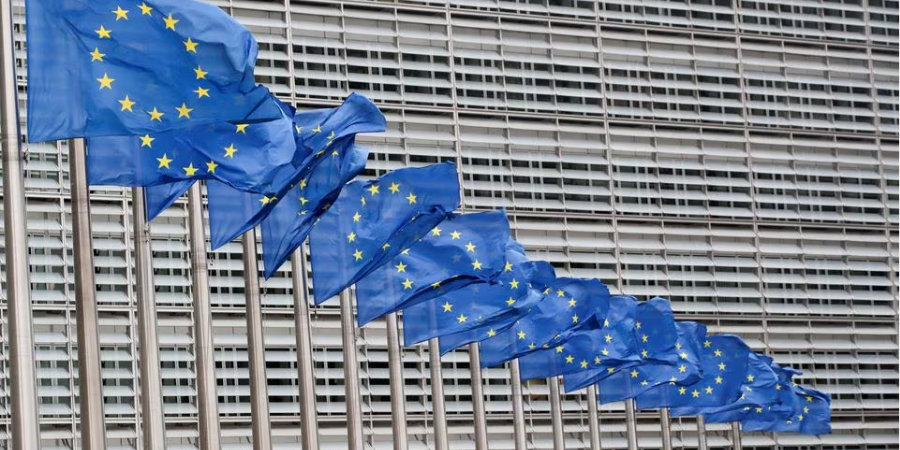India–US Trade Tensions Rise Over Steel and Auto Tariffs NMDC Limited reports a 38% drop in Q4 FY24 consolidated net profit RINL to Raise $23 Million Through Land Sales Amid Crisis

European Union policymakers are set to discuss and potentially agree on new rules aimed at promoting the domestic production of equipment for clean technologies, including solar and wind power, fuel cells, and more. The objective is to enhance the competitiveness of the EU industry in comparison to Chinese and U.S. counterparts.
The EU is targeting a 2030 goal of producing 40% of the necessary products to achieve greenhouse gas emission reductions. These products encompass a range of technologies such as renewable energy systems, battery storage, heat pumps, electrolysers, biogas, carbon capture, and electricity grids. The EU is becoming increasingly reliant on China, which is expected to control 80% of global manufacturing capacity in solar power, raising concerns about Europe's dependence on external sources. Additionally, there is apprehension that the substantial green subsidies in the U.S. Inflation Reduction Act may attract European producers to relocate.
Negotiations for the Net-Zero Industry Act (NZIA) will take place on Tuesday, involving European Parliament lawmakers and Belgium, the current holder of the six-month rotating EU presidency. The discussions are anticipated to cover crucial aspects such as the definition of cleantech, the inclusion of nuclear power, the scope of equipment components, potential adjustments to permitting timelines, and the strictness of non-price criteria in tenders.
The EU's move to bolster domestic production aligns with its broader strategy to achieve climate targets and reduce dependence on external markets for crucial technologies. The focus on clean technologies is paramount to fostering sustainable practices and ensuring a competitive edge in the global market.
By setting specific production targets, the EU aims to create a more self-sufficient and resilient industry, mitigating risks associated with overreliance on other nations. As the world transitions towards cleaner energy and technologies, these measures can position the EU as a leader in the field, fostering innovation and economic growth.
The outcome of Tuesday's negotiations will play a significant role in shaping the EU's approach to clean tech production and determining the trajectory of its domestic industry in the coming years.
Also Read : Wind power surpasses gas plants in Europe Ukraine’s Steel Consumption Up 13% in First Half of 2025